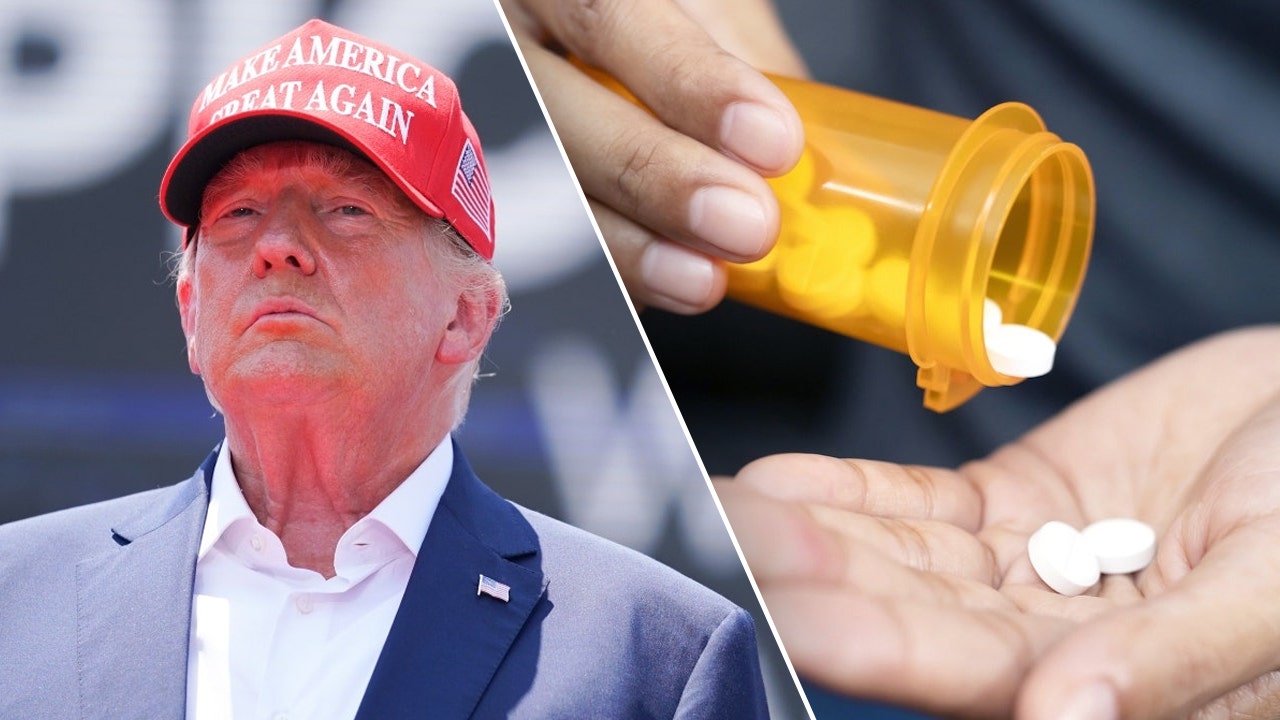President Donald Trump’s effort to lower drug costs amounts to price control, expert says

President Donald Trump made a bold move on Monday by signing an executive order aimed at reducing the prices of prescription drugs or facing consequences from the federal government. While the effort is intended to lower costs for consumers, it has sparked concerns about potential shortages and the implications of price control in the pharmaceutical industry.
Michael Cannon, director of health policy studies at the Cato Institute, warned against the potential negative effects of government-imposed price controls. Drawing parallels to price controls in other sectors such as housing and food, Cannon highlighted the tendency for price ceilings to result in shortages. He emphasized that binding price limits could lead to disruptions in the availability of essential medications, ultimately harming patients in need.
Price control involves the government setting limits on how much can be charged for various goods or services in the free market. While the intention may be to make products more affordable, history has shown that price controls can often backfire. For instance, former President Richard Nixon’s attempt to implement price controls in the 1970s resulted in the gas crisis and other shortages across the country.
President Trump’s executive order directs the Department of Health and Human Services to establish price targets for pharmaceutical manufacturers. This initiative extends beyond government programs to include the private sector as well, with the threat of enforcement action against companies that fail to comply. Additionally, Trump introduced the concept of “most favored nations drug pricing,” which aims to align drug prices in the U.S. with those in other developed countries.
The executive order has sparked debate, with critics arguing that it amounts to price control and could have unintended consequences. The Pharmaceutical Research and Manufacturers of America trade group expressed concerns that importing foreign prices from socialist countries could harm American patients and stifle innovation in the industry.
Despite the pushback, President Trump remains committed to addressing the rising costs of prescription drugs. In April, he signed another executive order targeting Medicare drug prices, with the goal of standardizing payments and reducing prices for patients. The administration believes that these measures will lead to significant cost savings for consumers and improve access to essential medications.
As the debate over drug pricing continues, it remains to be seen how the pharmaceutical industry will respond to the new regulations. While the intention may be to make medications more affordable for Americans, the potential consequences of price controls and government intervention in the free market are a cause for concern. Only time will tell how these policies will impact patients, drug manufacturers, and the overall healthcare system in the United States.




